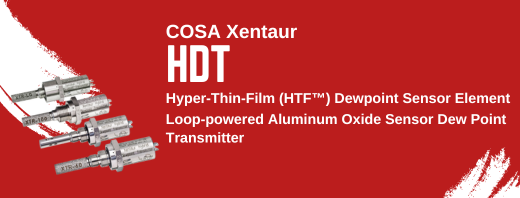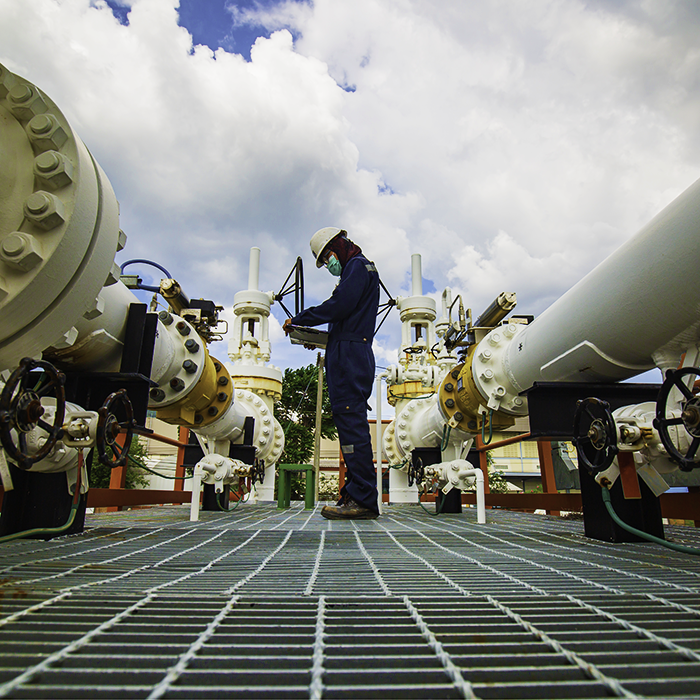How to Choose the Best Humidity and Dew Point Meter?
The necessity of measuring and regulating humidity levels is a critical aspect of numerous industrial operations. Each application demands a specific set of requirements for humidity instrumentation, encompassing various factors such as measurement range, capacity to withstand extreme temperature and pressure conditions, resilience to moisture and condensation, and ability to function in hazardous settings. Customization options for installation and calibration further compound the complexity of selecting an appropriate device. It is imperative to note that there is no universal solution that meets all needs. In fact, the diversity of available equipment is extensive, presenting a range of options that vary in cost and quality.
When it comes to measuring humidity and dew point, accuracy is key. Whether you’re in the food industry, HVAC, or manufacturing, choosing the right instrument can make all the difference. In this guide, we’ll explore the different types of instruments available and provide tips on how to select the best one for your specific needs.
Consider the environmental conditions of your application.
When selecting an instrument for measuring humidity and dew point, it’s important to consider the environmental conditions of your application. For example, if your application is in a harsh environment with high temperatures or corrosive gases, you may need a sensor that is designed to withstand those conditions. Additionally, if your application requires measurements in a confined space, you may need a sensor that is small and compact. By considering the environmental conditions of your application, you can choose an instrument that will provide accurate and reliable measurements.
Understanding the humidity sensors of a Dewpoint Meter.
Evaluate the instrument’s response time and stability.
In addition to accuracy and measurement range, it’s important to consider the instrument’s response time and stability. Response time refers to how quickly the instrument can detect changes in humidity or dew point. For applications where quick response time is important, such as in industrial processes, a faster response time may be necessary. Stability refers to the instrument’s ability to maintain accuracy over time and under varying conditions. Instruments with better stability will provide more consistent and reliable measurements, which is important for applications where accuracy is critical. Be sure to evaluate both response time and stability when selecting an instrument for measuring humidity and dew point.





0 Comments